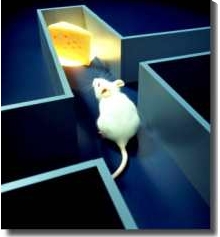Cant sleep, just thought I might ask you guys something which is perhaps a little unsettling.
Each person is in a continuous state of change, cells die and copies are made to replace them. If a person is 20, when they are 80 they have not a single cell in their body that was alive from when they were 20. The 20 year old is already dead, each cell that existed in that 20 year old is dead, some copies would have been made of memories, distant and distorted but recent memories tend to gain emphasis. If you are an immortalist, you likely do not believe in the soul, so what is the value in future life when that life is not carried out by any aspect of you other than a distorted copy? Just because a person dies no discrete death, does not mean they do not die a continuous death, they are continuously being replaced by new cells, not repaired. They die no discrete death because the process is gradual/painless and unnoticeable, though when you have no cell in you alive, you are dead, so this can classify as a death.
Now, as for immortalism, the hypothetical situation where you may live to 1000, what in common does that 1000 year old share with when they were 20? They share no cells, they probably don’t share the same goals or the same view points. Many years ago what shaped the 1000 year old has almost no effect on how they see things today, again how is the 1000 year old of any value to the 20 year old, sharing not the same cells, only copies of cells that are long dead and copies of distorted memories?
Now perhaps we could prevent our views and goals from changing somehow but what is the value on being a brick throughout time, unchanging?
This is why immortality has never been attractive to me.




















































